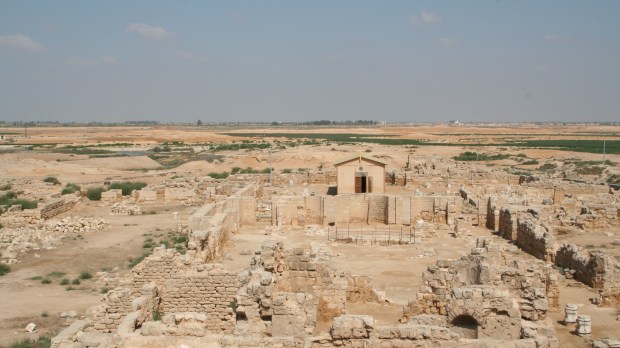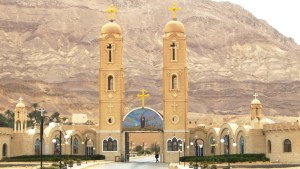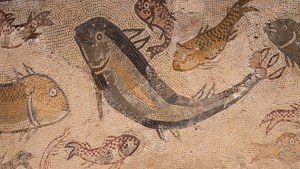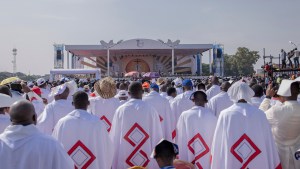The history of the Catholic Church is often (and perhaps even necessarily) painted in broad strokes. This is particularly true of the history of the papacy. Most of the time it is popularized in mass media with plenty of historical inaccuracies, turning it into a Eurocentric parody of its literally catholic (that is, universal) nature. For example, the history of Early Christianity in Africa is pivotal to Christianity as a whole, the continent being the cradle of three of the most important popes of the first centuries: Victor I, Miltiades, and Gelasius I – leading figures who played a significant role in shaping the Church.
Pope Victor I
The earliest reigning African pope, St. Victor I, was a native of North Africa. His papacy lasted from 189 to 199, during a time of great theological debate within the Church. Victor is best known for his role in the Easter controversy, in which he argued for the celebration of Easter on the same day throughout the Christian world. This dispute was eventually resolved, and Victor is remembered as a champion of unity and orthodoxy.
Pope Miltiades
Pope Miltiades, also known as Melchiades the African, was the 32nd pope and reigned from 311 to 314. He came to power after the Edict of Milan, which granted religious toleration to Christians in the Roman Empire. Being the first pope under Constantine, Miltiades played a key role in rebuilding the Church after the first centuries of persecution, and he is also credited with establishing the tradition of papal primacy.
Pope Gelasius I
Pope Gelasius I, who was of African origin but born in Rome, served as the 49th pope from 492 to 496. He was a scholar and theologian who wrote extensively on the relationship between Church and state. Gelasius is also known for his efforts to combat heresy and promote Christian unity.
The importance of African popes
The existence of African popes is a testament to the global reach and diversity of the early Church. These popes made significant contributions to the development of the Church’s theology, organization, and practice. They also helped bridge cultural and linguistic divides, laying the groundwork for the Church’s expansion into Africa and other continents.
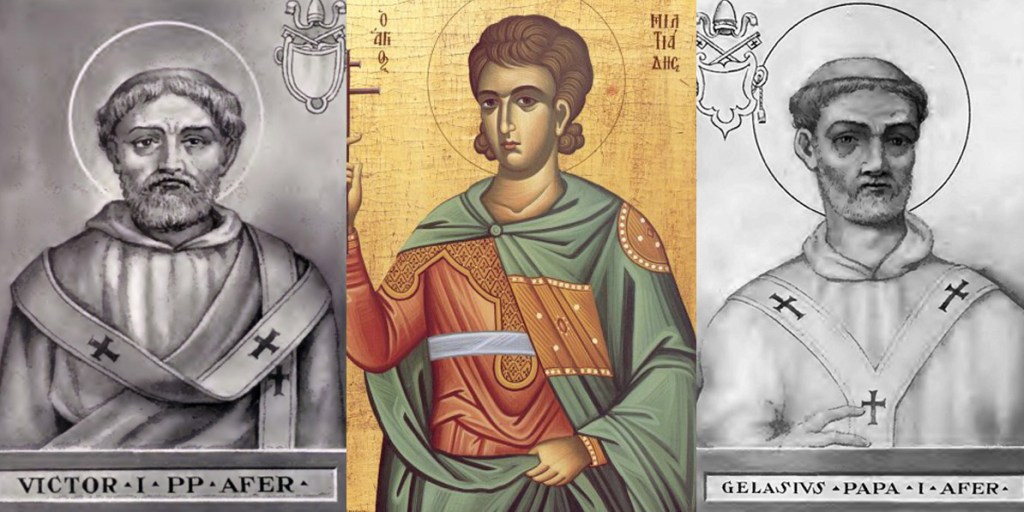
In recent years, there has been a growing movement within the Catholic Church to recognize and celebrate the contributions of African popes. This recognition is important for a number of reasons. It honors the legacy of these pioneering figures and helps to dispel the misconception that the Church is a predominantly European institution.
It also provides inspiration and encouragement to African Catholics who can see themselves represented in the highest leadership of the Church. Their legacy serves as a reminder of the Church’s diverse origins and the global reach of its mission. By honoring these figures, we strengthen the Church’s commitment to unity and catholicity.
